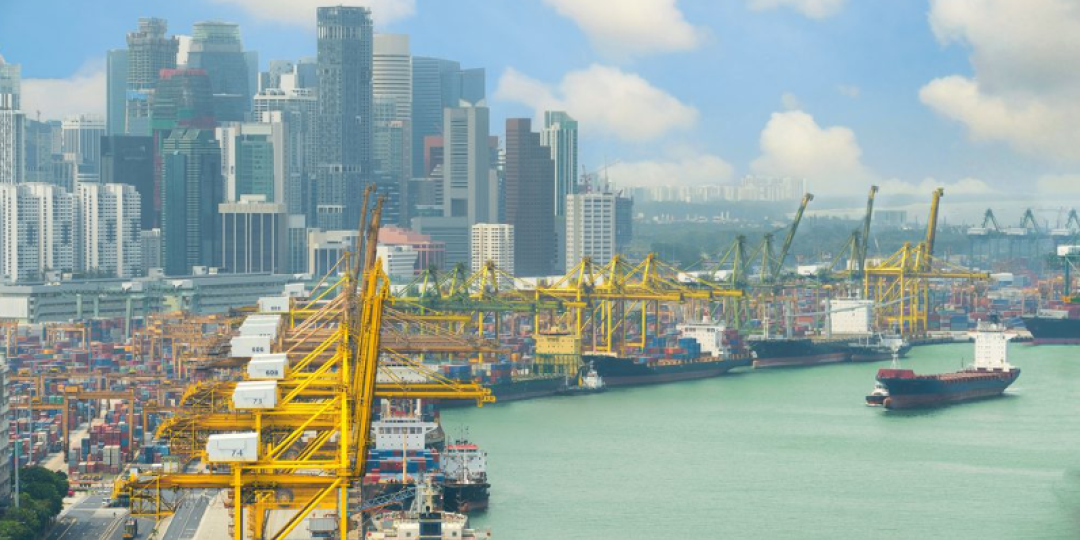Singapore port hit an all-time high for annual vessel arrivals in 2023 when it was officially announced that the ship traffic at the port had recorded three billion annual gross tons.
Annual vessel arrival tonnage – or the internal volume of all ships that arrive in a year, including the engine room and non-cargo spaces – is a common maritime industry measure of vessel traffic calling at a port.
The record was achieved on the morning of December 25th with the arrival of the Singapore-registered container ship ONE Olympus at Pasir Panjang Terminal.
Singapore’s port reached one billion gross tons in 2004 and two billion tons in 2011.
The occasion was marked on December 26 by the acting transport minister, Chee Hong Tat, who described it as an especially significant breakthrough given the “choppy waters the country’s maritime industry has had to navigate in the past few years”.
He said the biggest success factor for Singapore’s port was the strong partnership between the government, industry and unions.
“Other people may try to copy our hardware and infrastructure. They may even try to follow our technologies and operating systems. We cannot avoid that,” he said.
“But many find it difficult to replicate our tripartite ecosystem.”
Referring to the challenges that have faced the industry in recent years, Chee recounted problems for the industry in 2016 and supply chain disruptions during the Covid-19 pandemic in 2020. The industry is currently experiencing slowdowns in production and consumption amid elevated inflation worldwide.
Jeremy Nixon, global chief executive of Ocean Network Express (ONE), which operates ONE Olympus, said the shipping company was proud that one of its ships had helped Singapore achieve this milestone.
Ong Kim Pong, group chief executive (designate) of the port operator PSA International, called it a “significant achievement” and pledged that the port operator would continue positioning Singapore as a key global port hub.
Regarding other challenges of the future, Chee said that these included geopolitical tensions around the world and the war between Russia and Ukraine, and Israel and Hamas, as factors that had given rise to economic uncertainty and instability. The conflict between Israel and Hamas spilt over to the Red Sea and affected ships sailing through the Suez Canal. On December 15 four of the world’s five largest container shipping companies paused or suspended services in the Red Sea, avoiding the vitally important Suez Canal over security concerns after attacks on commercial shipping by Houthi rebels.
About 30% of the world’s container trade passes through the Suez Canal, which connects the Red Sea to the Mediterranean Sea. The recent disruption has already driven up delivery times and freight costs.
Source: The Straits Times













